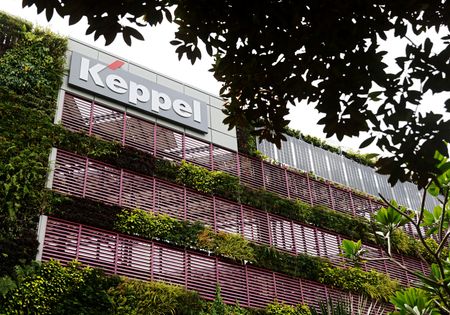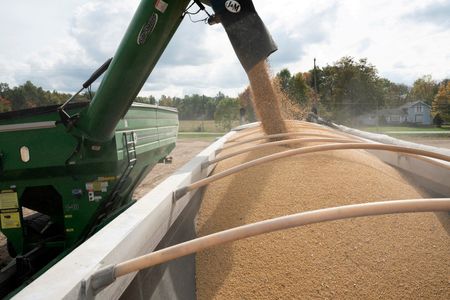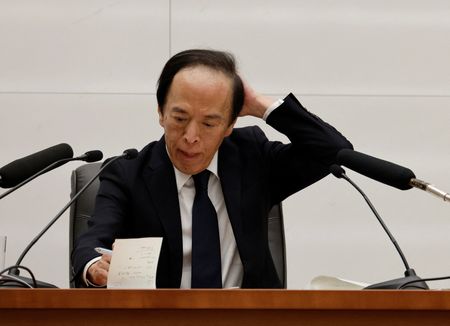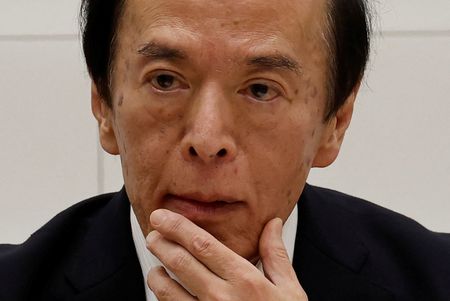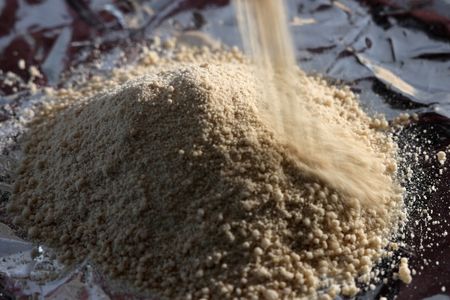(Reuters) -Singapore’s Keppel reported a more than 25% rise in net profit for the first nine months of the year on Thursday, aided by strong growth across all its three business segments and higher recurring income, sending its shares to a record.
The global asset manager and operator logged a more than 5% growth in overall profit despite an accounting loss from the proposed divestment of M1’s telco business to Simba Telecom.
The net profit figure excludes the non-core portfolio for divestment, mainly legacy offshore and marine and property related assets, which are not aligned with the company’s asset-light focus. It also does not include contributions from the M1 telco business.
Keppel shares rose as much as 1.4% to a record high of S$10.03 and were on track for an eighth straight session of gains. The stock was trading 0.5% higher at S$9.94, as of 0300 GMT.
The company has announced about S$14 billion ($10.82 billion) in total monetisation since it unveiled an asset monetisation programme in October 2020. It is targeting another over S$500 million in monetisation deals over the next few months.
It reported a near 15% rise in recurring income for the nine months ended September, reflecting higher contributions from asset management and strong operating income.
Keppel saw stronger performance in its infrastructure segment and is targeting further earnings before interest, taxes, depreciation, and amortisation growth during the year.
The growth will be driven by strong earnings from the integrated power business and growing contributions from decarbonisation and sustainability solutions, Keppel said.
Its real estate business, which operates in key markets of China, Singapore, and Vietnam, also contributed to the growth and had about S$830 million of assets monetised during the reported period.
($1 = 1.2942 Singapore dollars)
(Reporting by Rishav Chatterjee and Nichiket Sunil in Bengaluru; Editing by Sherry Jacob-Phillips, Rashmi Aich and Subhranshu Sahu)

